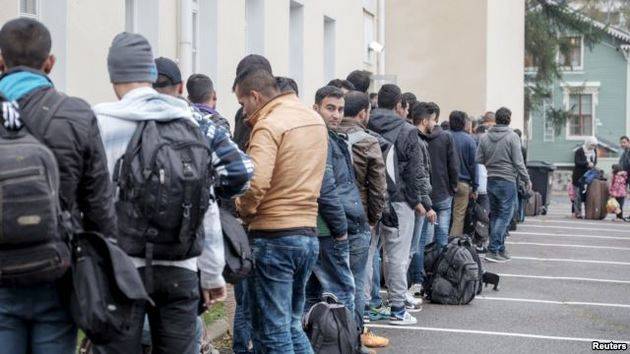Demonsthes
Rookie
- Jan 10, 2016
- 1
- 0
- 1
In some older civilizations (China in particular), lower class people were required to work for a certain time out of the year on public works, namely the great wall of china or several canal systems. China flourished due to this ideal, with it allowing greater transport and defense against invaders. What if we took a similar system and put it into place for refugees and low class workers. I am not saying we should replicate the conditions provided, but that it would give jobs to several thousand currently unemployed Americans and refugees. We could ask nearby cities or towns to offer up housing for the workers, in exchange for reduced taxes or something, or even create housing for the workers, and then have them work cheaply to solidify american infrastructure. We could create more schools for children, hire a great amount of supervisors, and implement those recent ideas that were "too difficult" but gave great long-term effects (solar roads, wind/ water/ sun power).
Pros:
Work for at least poor and refugees
Solidify infrastructure
Long term efficiency
Cons:
Short term spending
Either receive aid from locals, or create housing
Pros:
Work for at least poor and refugees
Solidify infrastructure
Long term efficiency
Cons:
Short term spending
Either receive aid from locals, or create housing


